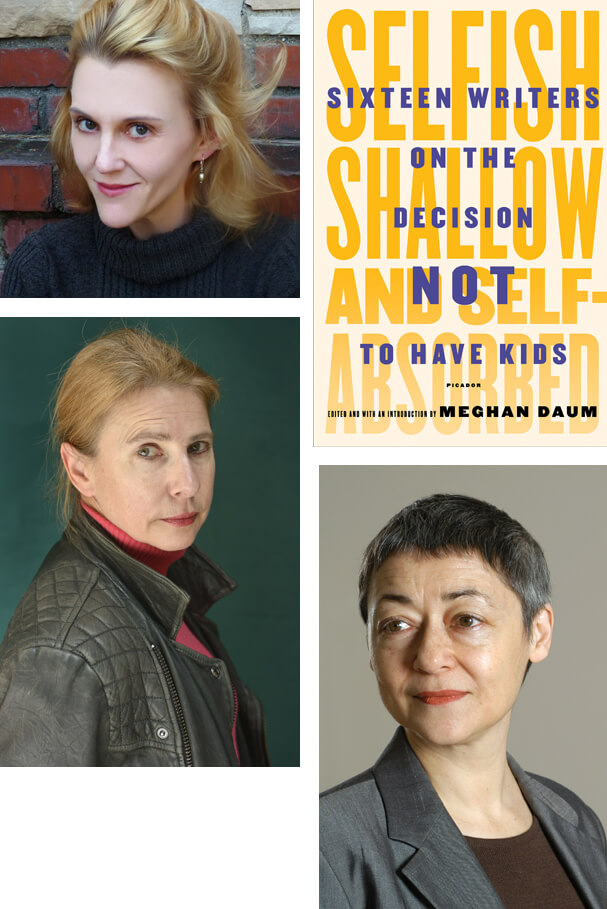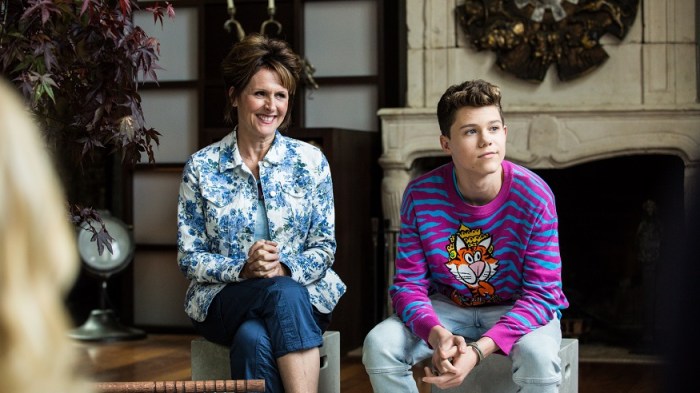For decades, there has been one main divider among women, primarily over the age of 35: working moms versus stay-at-home moms. The number of books and articles written about the topic is tireless and now that is 2015, we seem to have reached a happy, less judgmental coexistence. But journalist Meghan Daum is sparking a lively conversation central to another parenting choice: the decision not to become a parent at all. Her new book, “Selfish, Shallow and Self-Absorbed,” is a collection of essays of how 16 writers came to the decision to deliberately remain childless. ‘No one believed me’ ‘The conversation needs to be reframed’ ‘There needs to be room for ambiguity’ “I think it’s important to understand that just because you’ve made this decision and you’re happy with it and it’s the right decision for you doesn’t mean you’re not going to have moments where you think, ‘am I missing something?’” Daum says. “There needs to be room for ambiguity and even a little ambivalence.” Follow Emily on Twitter: @EmLaurence
“When I was in my 30s working as a journalist, I would pitch this idea to magazine editors, wanting to write about what it was like to be single and dating, knowing you don’t want to have kids — if it changes the choices you make in terms of people you went out with, but no one would believe me,” Daum tells us. “They’d say, you’ll change your mind. Come back in five years.” The fact that you can be an adult woman and not feel maternal pangs or the a desire to start a family is still often met with a knowing look and a “you’ll change your mind.”
When people do talk about adults without kids, Daum says they are often called “selfish;” thought of as just wanting to sleep in and not as loving as adults with kids. “Are parents selfish? Is it selfish not to have kids? The word is volleyed back and forth. It’s an oversimplistic and counterproductive way of thinking about this,” Daum says.
The essays in the book vary greatly, and it should be noted include men as well as women. Lionel Shriver always knew she didn’t want kids. Others, struggled emotionally with the decision. Rosemary Mahoney, for example, went as far as having IVF in her 40s before deciding having a child was something she wanted to want and not actually wanted.
The women who don’t want kids

Daum: Provided; Shriver and Nunez: Getty Images
























